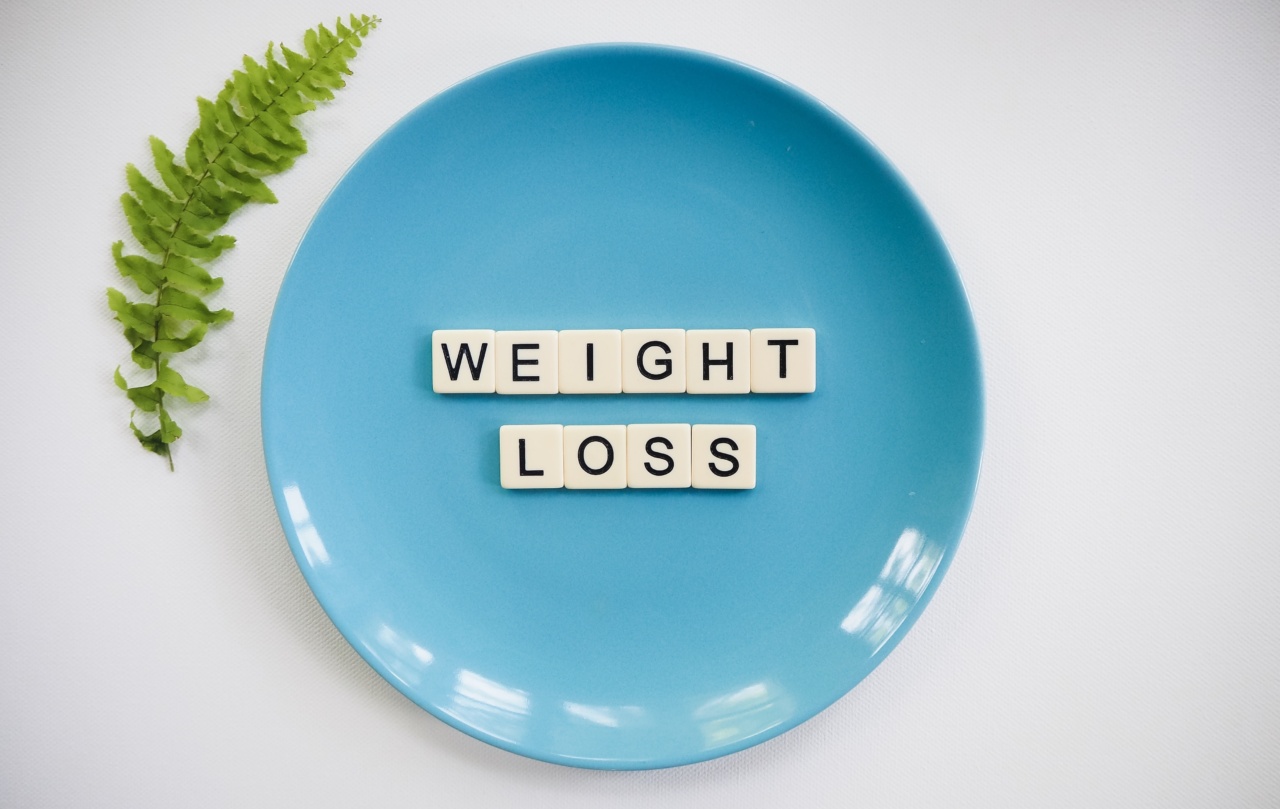We all know that diet plays a crucial role in our overall health and wellbeing. From managing weight to promoting heart health, the food we eat has a direct impact on various aspects of our physical health.
But did you know that your diet can also affect your sleep quality? Yes, what you eat can significantly impact the quantity and quality of your sleep. In this article, we will explore how the right diet can improve your sleep and provide you with practical tips for incorporating sleep-friendly foods into your daily routine.
The Link Between Diet and Sleep
Although sleep may seem like a passive activity, it is an important physiological process that affects every part of our body.
When we sleep, our bodies undergo various restorative processes, such as muscle repair, memory consolidation, and hormone regulation. However, several factors can interfere with our ability to fall asleep or maintain a deep, restful sleep.
One of these factors is our diet. Certain foods can disrupt our sleep patterns and make it difficult to get a good night’s rest.
For example, consuming large meals close to bedtime can cause indigestion and discomfort, making it challenging to fall asleep. Similarly, foods that are high in sugar, caffeine, or alcohol can interfere with your sleep-wake cycle and lead to restless nights.
The Best Foods for Better Sleep
On the other hand, making informed choices about your diet can promote better sleep. Here are some sleep-friendly foods that you can incorporate into your meals:.
1. Complex Carbohydrates
Foods rich in complex carbohydrates, such as whole grains, brown rice, and sweet potatoes, can increase the production of serotonin in the brain. Serotonin is a neurotransmitter that helps regulate sleep, mood, and appetite.
Including complex carbohydrates in your dinner can promote feelings of relaxation and aid in falling asleep faster.
2. Tryptophan-Rich Foods
Tryptophan is an essential amino acid that acts as a precursor to serotonin and melatonin, both of which are crucial for regulating sleep.
Foods like turkey, chicken, eggs, nuts, and seeds contain tryptophan and can help improve the quality of your sleep.
3. Magnesium-Rich Foods
Magnesium is known for its muscle-relaxing properties, which can help calm your body and prepare it for sleep. Incorporate foods like spinach, kale, almonds, and legumes into your diet to enhance your sleep quality through the intake of magnesium.
4. Herbal Teas
Herbal teas such as chamomile, lavender, and valerian root are well-known for their relaxing properties. Sipping on a warm cup of herbal tea before bed can promote feelings of tranquility and prepare your body for a restful sleep.
5. Foods High in Vitamin B6
Vitamin B6 is essential for the production of melatonin, the hormone that regulates sleep-wake cycles. Including foods like fish, chickpeas, bananas, and pistachios in your diet can boost your vitamin B6 intake and promote better sleep.
6. Omega-3 Fatty Acid Sources
Foods rich in omega-3 fatty acids, such as fatty fish (salmon, trout, mackerel) and walnuts, have been associated with improved sleep quality. These healthy fats help reduce inflammation and promote optimal brain function, leading to better sleep.
7. Foods with Natural Melatonin
Melatonin is a hormone that regulates the sleep-wake cycle. Consuming foods that naturally contain melatonin, such as tart cherries, can help regulate your body’s internal clock and promote better sleep patterns.
8. Avoid Stimulants
Avoid consuming stimulants such as caffeine, nicotine, and alcohol before bedtime. These substances can interfere with your sleep quality and make it difficult to fall asleep or reach deep sleep stages.
9. Maintain a Balanced Diet
While specific foods can promote better sleep, maintaining a well-balanced diet overall is essential. Ensure you meet your nutritional needs by consuming a variety of fruits, vegetables, lean proteins, and whole grains throughout the day.
10. Establish Consistent Meal Times
Setting regular meal times and avoiding late-night snacking can help regulate your body’s internal clock. Try to establish a routine where you consume your meals at consistent intervals to support a healthy sleep-wake cycle.






























